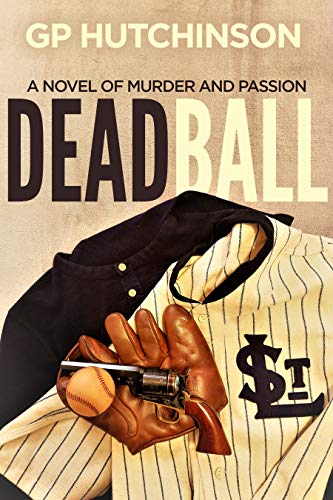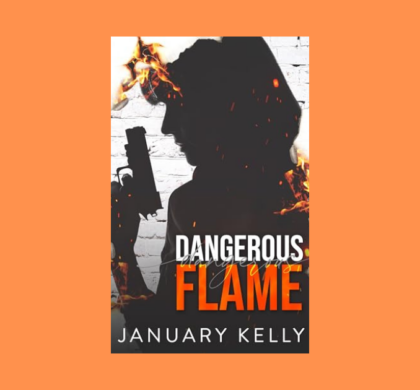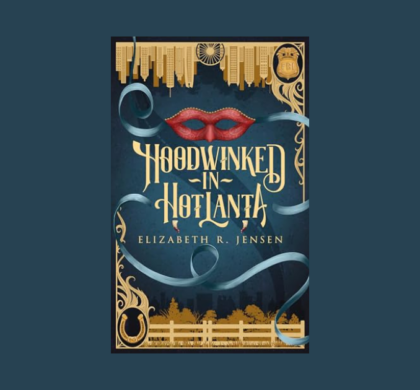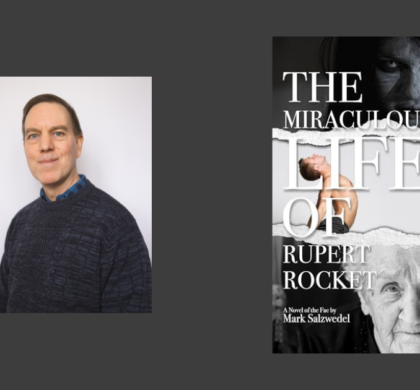Interview with G.P. Hutchinson, Author of Dead Ball
06 Oct 2020
What can you tell us about your new release, Dead Ball?
I had an absolute blast writing Dead Ball, and I think it’s a story with extremely broad appeal. It’s got vintage baseball, an engaging romantic subplot, and a distinct, edge-of-your-seat tone. Readers don’t have to get far at all into the book before they can feel the proverbial ax hanging over the hero’s head, ready to fall at any given moment.
Here’s a brief synopsis. Believing that rookie Big League pitcher Hal Gerecke purposely maimed baseball star Rube Wannamaker with a dirty fastball, certain folk are out for blood, even though Hal shows deep, ongoing remorse. Hal even drops out of baseball for a while. But he’s too good a hurler for club owners and managers to ignore him. The question is whether he can overcome his regrets—and survive those out to ruin him—once executives of a new major league convince him to return to the game.
For those who are into early baseball, two actual historical events gave rise to Dead Ball’s storyline: the 1920 incident when Carl Mays’s pitch literally killed popular ballplayer Ray Chapman (the only player in Major League history ever to die as a direct result of something that happened on the playing field) and the brief appearance of the Federal League of Professional Baseball Clubs (1913-1915). Naturally, I’ve taken artistic liberties with both.
What or who inspired you to become an author?
I’ve always enjoyed writing. Writing sits square in the middle of where my personality, interests, and abilities converge. In high school and college, I actually enjoyed literary analysis. (OK, I’m geeky . . . but only a little.) I love dealing with ideas, and I express my ideas best in writing.
As for writing fiction, as early as 1990, when I first returned from living in Spain, I knew I wanted to write novels. Life circumstances, however, didn’t permit me to have a serious go at it until 2013, when I wrote my debut novel Sumotori.
What’s on your top 5 list for the best books you’ve ever read?
In terms of content and literary value, I have to place the Bible at the very top of the list. From there, I could cite a number of non-fiction titles that’ve deeply influenced me. Readers, however, may be more interested in knowing which works of fiction I’ve found most captivating, memorable, or influential.
As for literary fiction, Victor Hugo’s Les Miserables would rank high on my list. It’s a powerful novel with great themes, and its frequent return to stage and screen testifies to its enduring greatness and popularity.
Turning to recent and current authors, Dean Koontz is one of my very favorites. Like Victor Hugo, Koontz possess a keen understanding of human nature. At the same time, his prose is so rich—sensory, poetic, and at the same time, often witty. My favorite Koontz novel would have to be Ashley Bell, while I hold a warm spot in my heart for his quirky Odd Thomas series.
I’m also a Robert B. Parker fan, particularly because of the crisp dialogue he wrote. In Appaloosa, for example, he got immense mileage out of terse one- and two-word exchanges packed with loads of subtext. It’s a skill to be admired and a great deal of fun for the reader.
Finally, if you were to dump me on a desert island and offer me a stack of books to keep me entertained during the course of a year in isolation, I’d probably ask for a few of Lee Child’s Jack Reacher novels. Call me a cretin if you like, but for whatever reason, they’re the sort of fare I can go back to time and time again and still enjoy the telling of the story. I think there’s something to be said for that.
Say you’re the host of a literary talk show. Who would be your first guest? What would you want to ask?
I believe I’d host authoring guru James Scott Bell and ask him to describe the greatest experience of his writing life.
What’s your favorite thing about writing?
Bringing the seed idea of a story into full bloom.
What is a typical day like for you?
This is a regular work day, mind you. I’m not a morning person. Contrary to a lot of folks, I’m most alert and productive between lunch and dinner. Having learned this, I don’t try to get in my best work before noon. I begin most days alone with God in scripture reading and prayer. After that, I try to get my correspondence and marketing done before lunchtime. While I prepare and eat a sandwich for lunch, I usually listen to podcasts. Then I go into writing mode—four to six hours in my office, focused on creating, developing, and polishing the story I’m working on. Once my wife gets home from work—she’s a schoolteacher—I spend the evening with her. We enjoy dinner together, I do the cleanup, and then we go for a walk. After an episode or two of TV programs, we turn in. Before sleep, I like reading a few chapters of an engaging novel. It may sound bland, but to me it’s a rich life.
What scene from Dead Ball was your favorite to write?
Without giving away what’s actually going on at that point in the story, while I was writing the scene where the villain is carrying out his dirtiest deed, I found my heart actually racing and my adrenaline pumping. It was weird—almost as though I was a hidden witness to the crime. I’d never before had a reaction that palpable or visceral to anything I’d written.
Having said that, in terms of pure enjoyment, I really liked working on the scenes where Hal and Gracie are discovering their growing feelings for one another.
Do you have a motto, quote, or philosophy you live by?
I do. Love the Lord your God with all your heart, soul, mind, and strength; and love your neighbor as yourself. That sums it up.

G.P. Hutchinson is the author of the new book Dead Ball.
Connect with G.P. Hutchinson
Author Site
Facebook
Buy The Book
Sign up for our email and we’ll send you the best new books in your favorite genres weekly.



